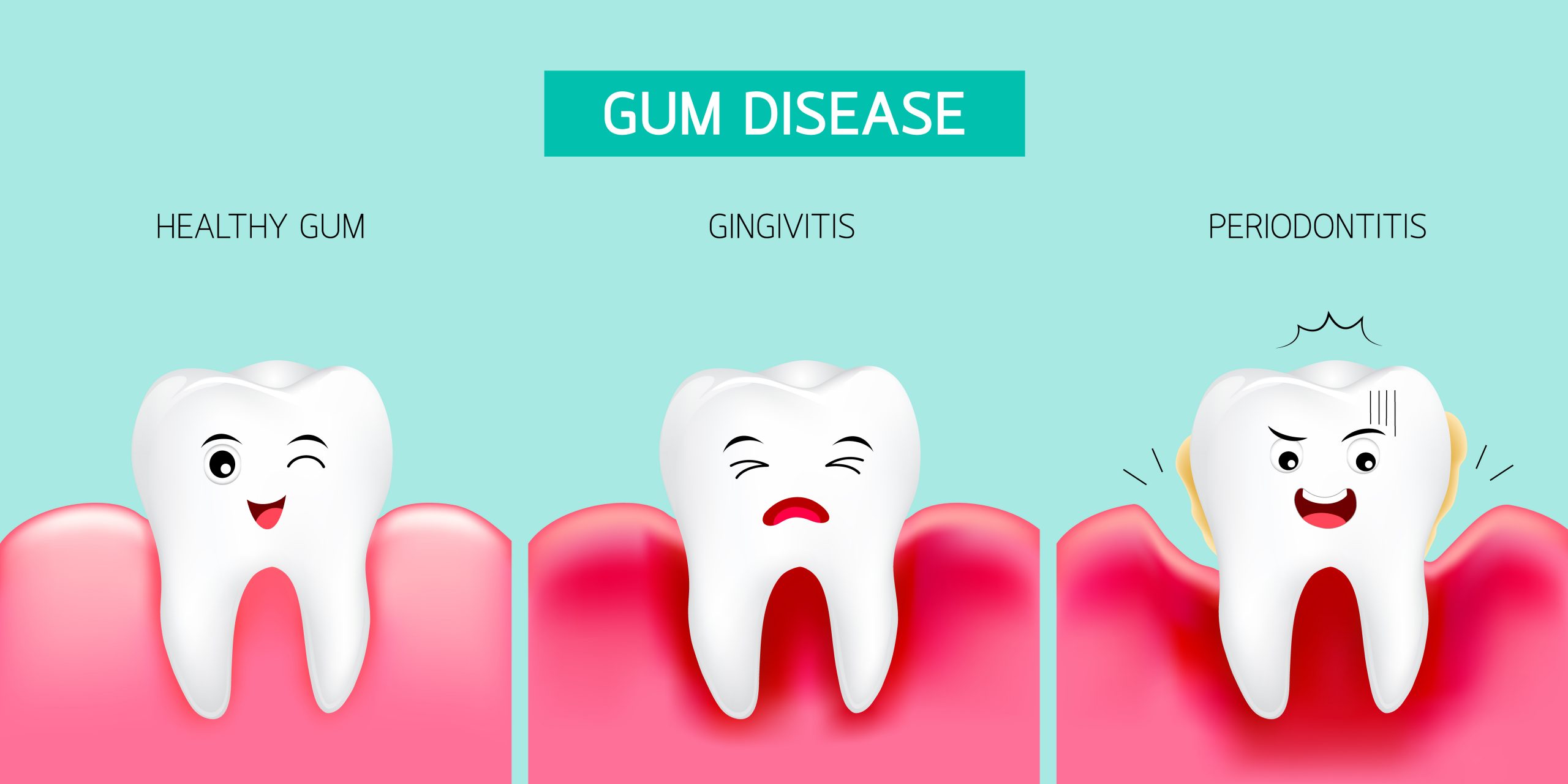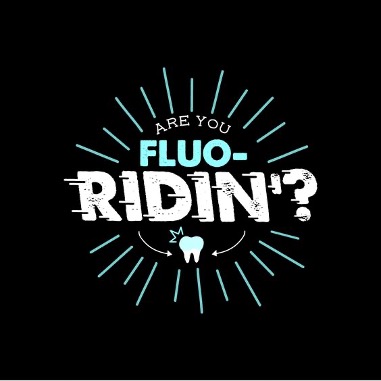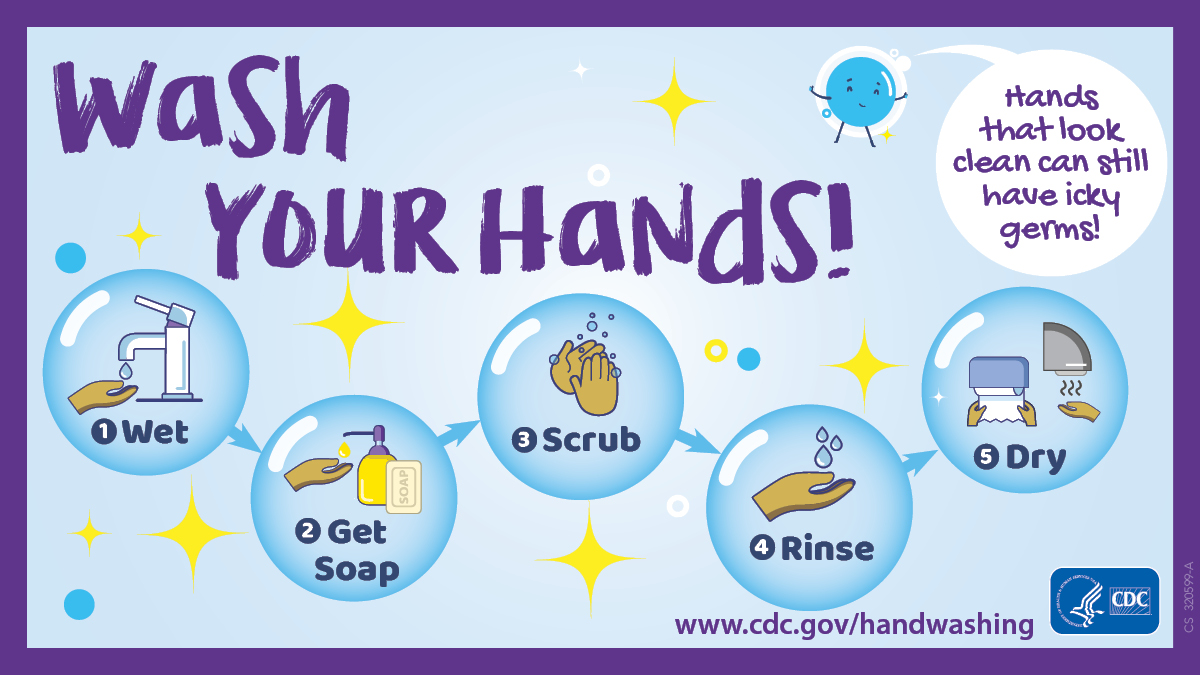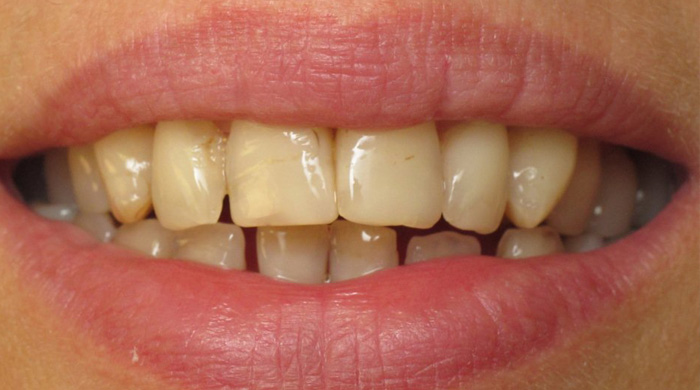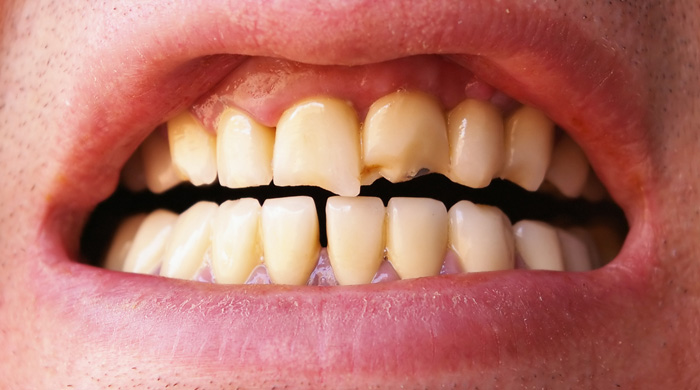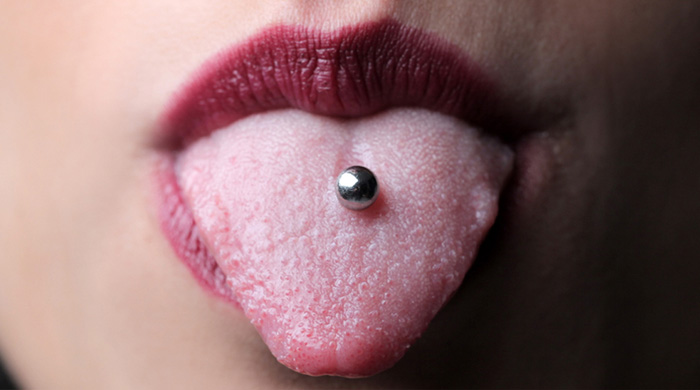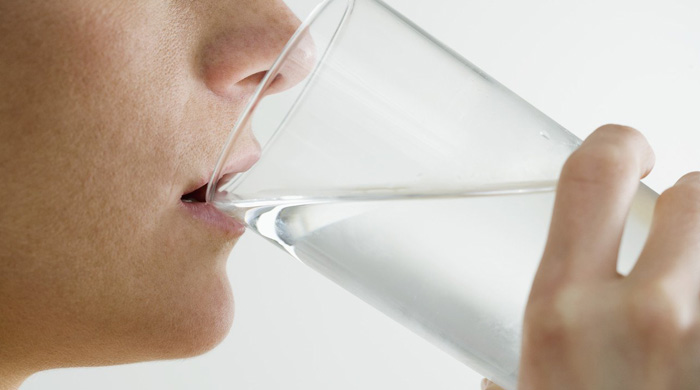October is National Dental Hygiene Month! This month is the opportunity to show appreciation and thank our hardworking dental hygienists. Also, to help the dental community raise awareness of methods and techniques for good oral health.
Good dental hygiene is of the utmost importance to your oral and overall health. Visiting your dental hygienist twice a year for professional cleanings and checkups is one of the best ways you can maintain your beautiful and healthy smile for a lifetime!
Patients should regularly focus on these four techniques to help them maintain good oral health:
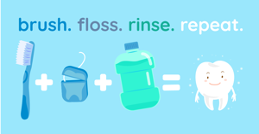
Brush
It is important to brush your teeth twice a day, for two minutes, with a soft-bristled brush. According to the American Dental Association, you should replace your toothbrush every 3 to 4 months to ensure that the bristles of your toothbrush allow you to reach all areas of your mouth. Also, it is important to brush your tongue! Brushing your tongue helps remove bacteria and maintain fresh breath.
Floss
Flossing should be a daily habit. Flossing is an essential part of taking care of your gums and teeth. Just brushing will not remove the plaque found between your teeth. Flossing at least once a day has shown to be sufficient and beneficial for healthy teeth.
Rinse
Rinsing with mouthwash helps eliminate plaque and germs that brushing and flossing might not reach. Mouthwash is beneficial to help control or reduce bad breath, gingivitis, plaque, tooth decay, and infection.
So be ready to show your smile off on October 1st on World Smile Day by always following these four techniques! A smile can easily be understood in any language, so be confident to share your beautiful, healthy smile today by brushing, flossing, rinsing, chewing, and repeating!
At Dental Arts, the outstanding staff has extensive knowledge and experience to provide quality dental care that helps in preventing dental disease. They are fortunate to have three excellent dental hygienists who are each dedicated and caring about the health and happiness of their patients. As a patient at Dental Arts, after a thorough diagnostic examination and explanation of all treatment options, you will have the right to make your own treatment decisions. Thank you to the three hardworking, dedicated hygienists, Dr. Joseph Giovannone, Dr. Mike Fanelli, and Dr. Eric Giovannone, and the rest of the Dental Art staff!

